In the Crush story series we saw how each of the varieties of Crush are produced: citrus fruit, coffee, lavender, cherry, corn, grape, cocoa, almond and hazelnut, kiwi, coconut and olive. Their story tells how waste ingredients are upgraded and reused according to the logic of the circular economy to create high added value papers.
Our Research and Development laboratories are available to create personalised recipes *: by reusing your production waste you can obtain ecological papers with a story to tell!
Many brands have already chosen this path with excellent results! Have you already figured out who they are?
From a circular economy perspective, imagine being an oil producer and being able to use the waste from the pressing to create the labels of your bottles… Can you think of a more perfect match than this? Let’s begin!
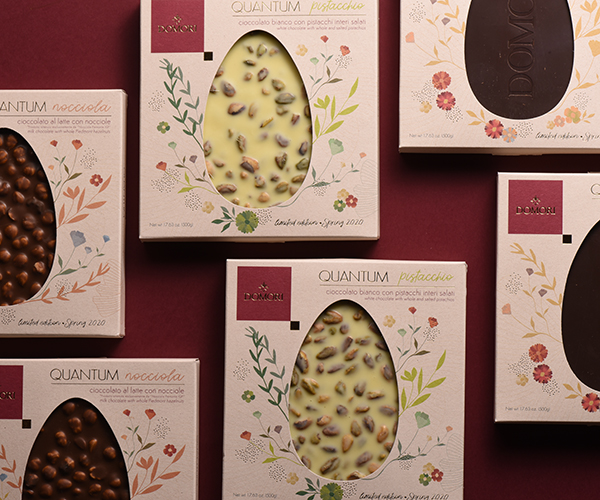
Domori, an Italian company of high quality chocolate, is particularly attentive to sustainability, from the choice of producers of the raw material to the materials used for the packaging of its products.
Precisely with a view to environmental sustainability and attention to the use of resources, Domori chose to create the packaging of their Quantum range with a unique and ecological material: Crush Cocoa paper specially made by Favini, creatively reusing the production residues of Domori chocolate.
The by-products used by Favini for the production of the ecological paper Crush Cocoa are the skins of the beans, the waste from the processing of chocolate.
Favini, in collaboration with Pedon, a leading company in the sector of cereals, legumes and pulses, has created Crush Fagiolo, the first ecological paper obtained from bean processing waste.
Crush Fagiolo by Favini is a 100% recyclable ecological paper intended for food packaging, certified for direct contact with food. This new paper has been used for the production of an eco-friendly GMO Free, FSC certified packaging with 30% post-consumer recycled fibre and printed with ecological inks by LucaPrint.
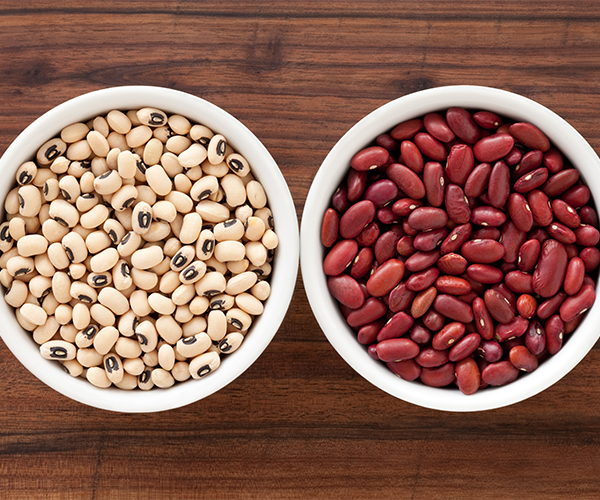
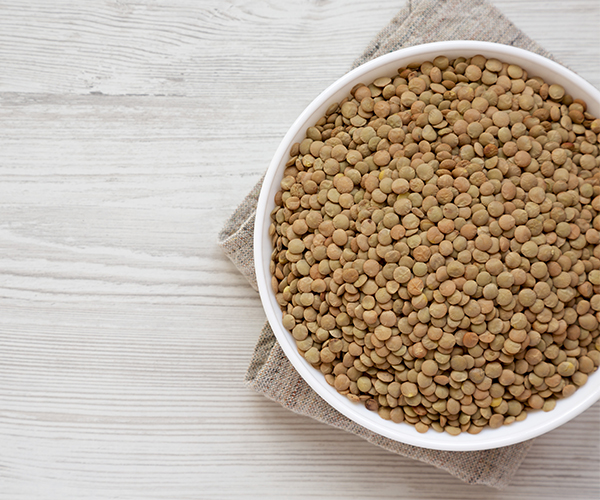
Crush Lenticchia, 100% recyclable, biodegradable and ecological paper, comes from the desire to recover waste materials from lentil processing and use them as a new raw material.
Crush Lenticchia is an innovative product that once again was the result of the collaboration between Pedon and Favini. The two companies shared specific knowledge to create a sustainable paper, respectful of the environment and against waste.
During a quality control phase taken by Pedon on raw materials, any lentils that do not comply with quality standards are discarded. In a vision of zero waste and eco-sustainability, all unsuitable pulses are pulverized and introduced by Favini into the paper production cycle, in partial replacement of cellulose.
But let’s go back to the origins of Crush’s spin-off products: in 2013, it was the turn of Carta Crusca. Made for Barilla and is the first paper created from bran that is no longer usable for food consumption.
The Barilla and Favini Research & Development departments worked to select the most suitable residue, purifying it and micronizing it to make it compatible with the fibrous tissue of the paper, replacing 20% of the cellulose coming from trees with bran.
The result is a paper with a natural colour, whose main ingredient is visible to the naked eye across the surface of the paper. Another example of upcycling of the paper world!
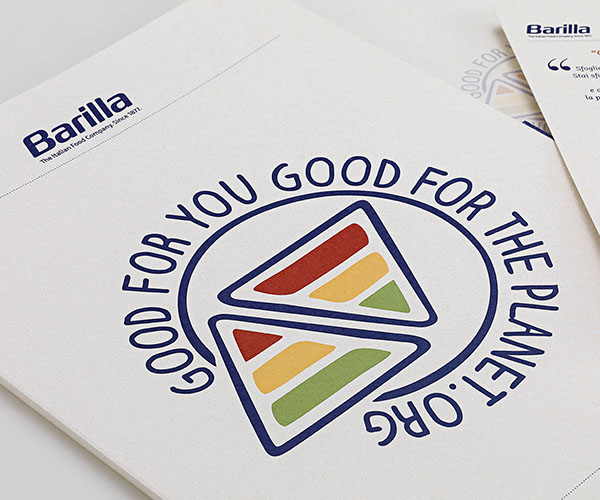
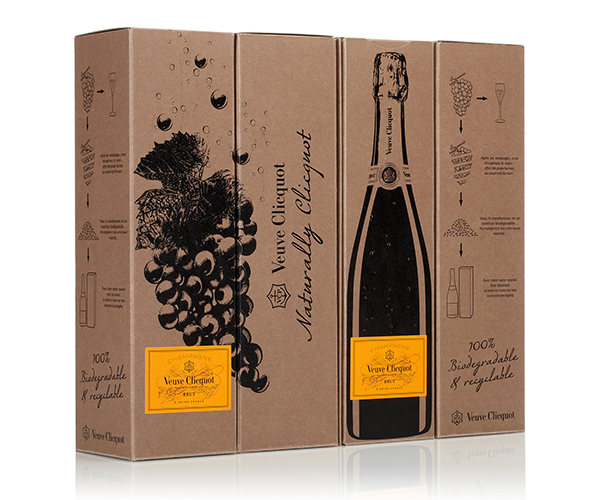
Naturally Clicquot 3 is the ecological packaging made with the innovative paper obtained from the skins of the very grape bunches used to make their renowned Veuve Clicquot champagne.
The grape skin, which is the natural protection of the precious grape pulp, is now thanks to the innovative paper production process, turned into the protective display packaging of the exclusive champagne.
After pressing the bunches, the grape residues are dried and milled. By mixing the powder that is produced with water and other natural fibres, we produce a unique ecological paper: The by-products of wine processing allow a saving of 25% of virgin fibre as well as becoming a precious alternative raw material.
One of the latest Crush projects created in collaboration with other brands is Crush Rose created specifically for Dior. The Miss Dior Rose Essence packaging is made with this special paper!
After the roses have been transformed into rose water, the residues from the process are processed by Favini to obtain a sustainable and luxury paper, thanks to an upcycling process. The rose residues are milled and used in the paper, replacing 15% virgin cellulose.
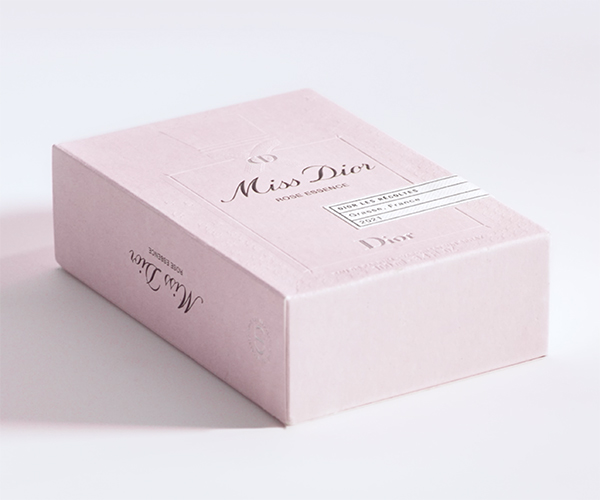
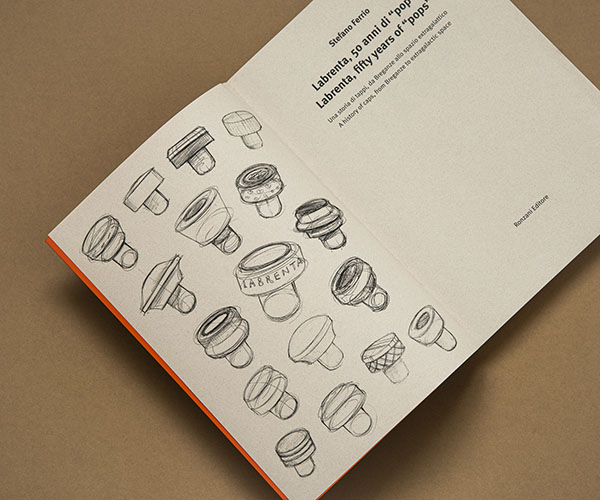
The historic Italian cork company, La Brenta has also chosen to collaborate with Favini to develop a project with the Crush method of papermaking.
One of the most important raw materials in their business is cork, which, in itself is already a sustainable material. However they wanted to do more!
Their process waste, comprises of a very fine powder and this was used to create an ecological paper; unique in both touch and appearance. A sustainable paper was duly created, containing cork waste which also reduced the amount of virgin cellulose needed.
So it is with this very paper they produced a book to celebrate the company’s first fifty years of activity, making the cork the central player.
Collaborating with other companies that share the same direction always makes us very proud!
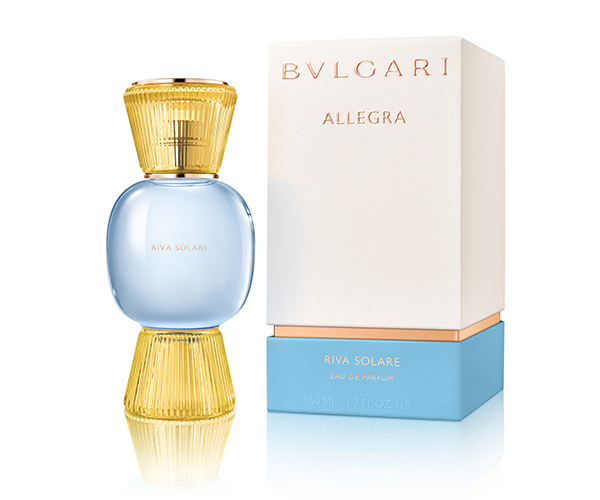
In addition to the examples just mentioned, other brands have also chosen to create a personalised paper with their industrial waste! Bulgari chose to make the Allegra Collection packaging with lemon fruit waste.
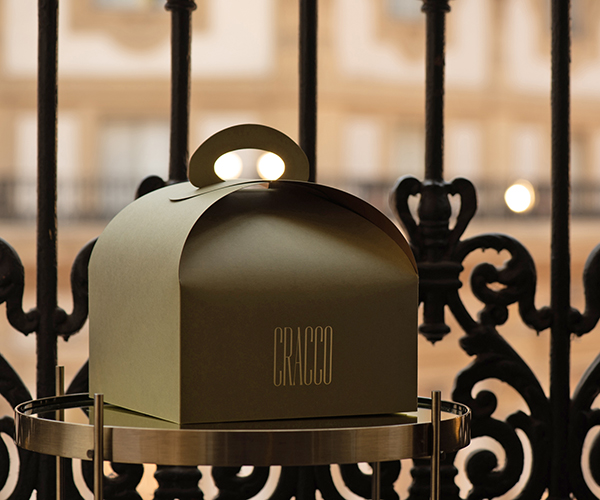
The celebrated chef Carlo Cracco has also created a personalised paper for the communication and packaging material for his Luxury Delivery service! And you? Do you have any waste leftovers that you would like to reuse?
The customisation possibilities with Crush are endless: Different percentages of waste or recycled cellulose in the recipe, unique colours created ad hoc, different weights … If you have a waste that you would like to reuse in the creation of your product packaging or printed communication paper, contact us to find out how to achieve it!
* minimum production quantities permitting.


